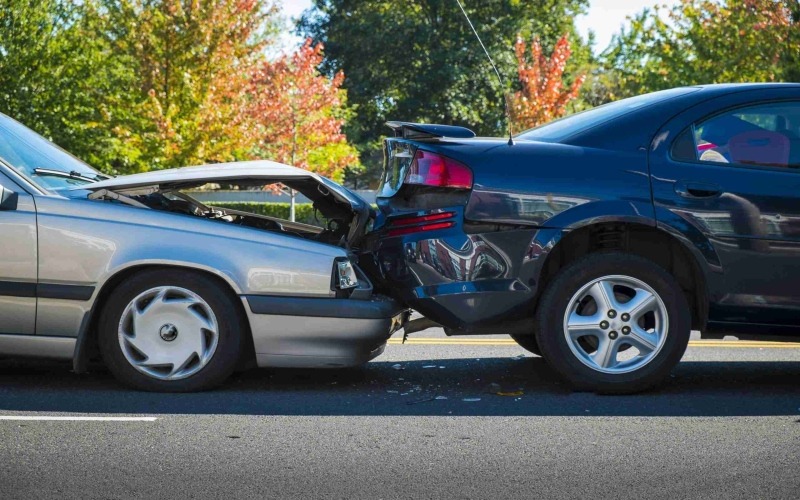Proving a car accident claim demands clear and strong evidence. Knowing what to collect can make a big difference in your case. Start by gathering photos of the accident scene. Capture every angle — positions of vehicles, skid marks, and any visible damages. Get witness statements too. Firsthand accounts can support your version of events. Police reports are crucial. They provide an official account of what happened. Medical records document any injuries. Show how these injuries relate to the accident. Keep every bill, even for small expenses. They help to show financial losses. Remember that lost wages matter. Document any time missed from work due to injury. While this guide offers a starting point, consider seeking legal advice from a professional who can tailor strategies to your situation. You deserve to be heard and to have your rights protected. Approach this process knowing you are not alone.
Photographic Evidence
Pictures are powerful tools in proving your claim. Capture the scene immediately if possible. Focus on the damage to all vehicles. Highlight skid marks, road conditions, and any relevant traffic signs. Photos can freeze the moment, allowing others to see the scene as it was. Even small details can be significant. For accurate photos, stand at different distances. Take close-ups of damage and wide shots of the overall scene. Make sure to photograph any visible injuries. These images can reinforce your medical records.
Witness Statements
Witnesses provide neutral perspectives. Their accounts can corroborate your story. Get contact details from those willing to speak. Ask them to describe what they saw in their own words. Written statements are best. Encourage witnesses to be specific about time, location, and events. Their observations can add credibility to your claim. If you struggle to find witnesses, try returning to the scene later. You might find someone who saw the incident.
Police Reports
Police reports may outline critical details and note any violations. Officers often include diagrams showing vehicle positions. They might also record witness names and statements. Request a copy of the report as soon as it’s available. Check for any errors or omissions. If the report doesn’t fully capture your account, make a note of it. Reach out to the officer if you need corrections. A complete and accurate report can be your strongest piece of evidence.
Medical Records
After an accident, doctors assess and document injuries. These records link your injuries to the accident. They can show the severity of your condition and the treatment needed. Keep all medical bills, treatment plans, and doctor notes. If you visit different healthcare providers, ensure all records are consistent. These documents paint a picture of how the accident affected your health. They also help to justify any compensation for pain and suffering.
Financial Documentation
Financial losses extend beyond medical bills. Documentation of lost wages is vital. Ask your employer for a letter detailing your missed work and pay rate. Keep receipts for any expenses related to the accident. This might include transportation costs or rental vehicles. A clear record of your financial impact strengthens your claim. Below is a table summarizing types of evidence to collect:
| Type of Evidence | Purpose |
| Photos | Show the accident scene and damage |
| Witness Statements | Support your account of the accident |
| Police Report | Provide an official record of the incident |
| Medical Records | Document injuries and treatment |
| Financial Records | Detail expenses and lost wages |
Getting Legal Help
Even with evidence, navigating a claim can be overwhelming. Legal aid services can offer guidance. They help ensure your claim is as strong as possible. Experienced professionals can interpret complex details. They know how to present evidence convincingly. Remember, you’re entitled to support. Legal experts can advocate for your rights effectively.
In conclusion, gathering the right evidence is key. It helps to demonstrate the accident’s impact on your life and work. With thorough preparation and the right support, you can pursue a fair outcome. You deserve justice and recognition of your experience.
